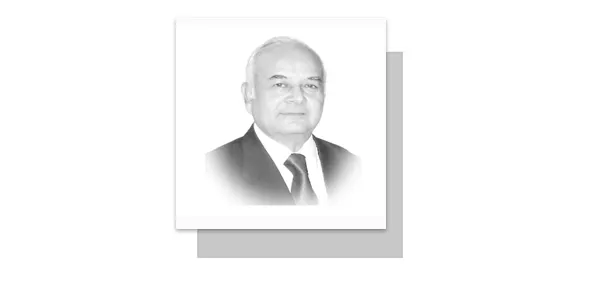INTRODUCTION: In the quest for accelerated progress and development, Pakistan is confronted with the pivotal question of whether a combination of more provinces, robust local governance systems, and a shift to a presidential form of democracy could pave the way for a brighter future. This article embarks on an in-depth exploration of these proposed changes while considering their potential synergies with prior reforms in the judiciary, taxation, services, education, social welfare, and health sectors.
- Strengthening Local Governments: At the heart of any nation’s development lies the strength of its local governance systems. By decentralizing power, Pakistan can address issues at the grassroots level more effectively. With the introduction of elected local bodies, the country has taken initial steps towards devolution. This approach can bolster the efficient delivery of public services, increase citizen engagement and offer tailored solutions to local challenges. Moreover, it can serve as a crucial tool to combat corruption, as accountability becomes more accessible and transparent when decisions are made closer to the people.
- The case for additional provinces: The existing provincial divisions in Pakistan can sometimes impede efficient governance due to the country’s immense geographic, cultural and linguistic diversity. The proposal to establish more provinces holds promise in mitigating these challenges by facilitating localized decision-making, resource allocation and cultural representation. However, this proposition necessitates careful deliberation on resource distribution, historical sensitivities and maintaining a balance between centralized and decentralized power.
III. Presidential form of democracy: Transitioning from a parliamentary to a presidential form of democracy could bring about a significant shift in the dynamics of governance. The presidential system, if implemented thoughtfully, may contribute to stability by reducing the frequency of leadership changes. It has the potential to establish clear lines of accountability and streamline decision-making processes. However, the success of this change hinges on implementing robust check and balance to prevent the potential misuse of power, ensuring that the system remains responsive to the needs of the people.
Prior reforms and their implications: (i) Judicial reforms: Efforts to revamp the judiciary have aimed to expedite the legal process, improve access to justice and enhance the rule of law. A restructured legal framework would be crucial in ensuring the effectiveness of decentralization and a presidential system. (ii) Taxation reforms: Overhauling the taxation system can lead to increased revenue collection and a more equitable distribution of resources. This is vital for sustaining new provinces and local governments. (iii). Service sector reforms: Reforming public services can enhance efficiency and transparency. Empowering local governments can further ensure that services are tailored to specific needs and effectively delivered. (iv). Education and health sector reforms: Prioritizing education and healthcare improvements can elevate human capital, vital for sustained progress. Effective decentralization and governance changes can lead to better resource allocation and service delivery in these sectors. (v). Social welfare reforms: Strengthening social welfare programs can mitigate disparities and improve the standard of living. Local governance can play a pivotal role in tailoring programs to the unique needs of each region.
Conclusion: As Pakistan navigates its path towards accelerated progress, the prospects of implementing more provinces, fortified local governance systems and a presidential democracy are complemented by prior reforms in various sectors. The synergy between these changes and previous improvements in the judiciary, taxation, services, education, social welfare and health sectors can collectively shape a comprehensive approach to development. However, the journey forward is intricate and multifaceted. It requires a delicate balance between centralization and decentralization, responsive governance structures and steadfast commitment to democratic values. Through an inclusive and consultative process, Pakistan can harness the potential of these reforms to forge a more prosperous, equitable and resilient nation that stands as a beacon of progress in the region.
—The author writes on strategic, political, economic, current affairs & sports.
Email: nayyarahmad51@gmail.com










